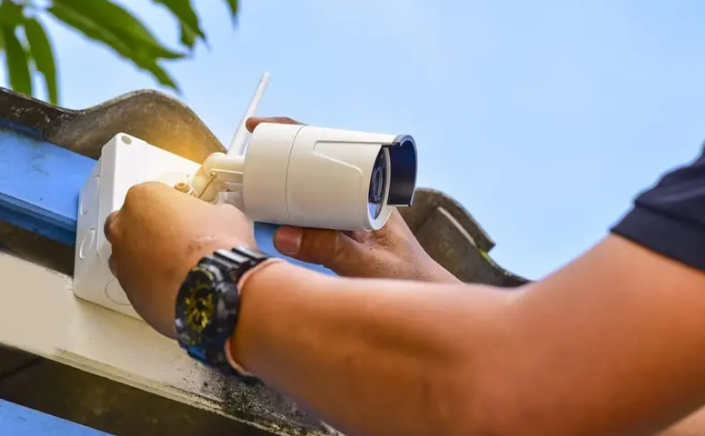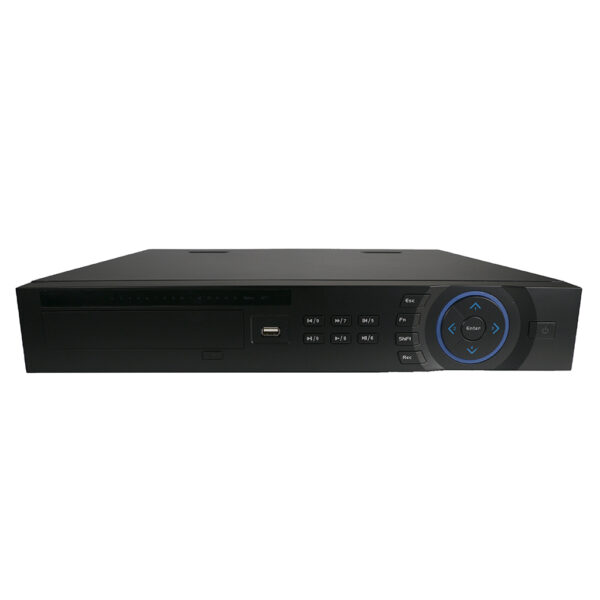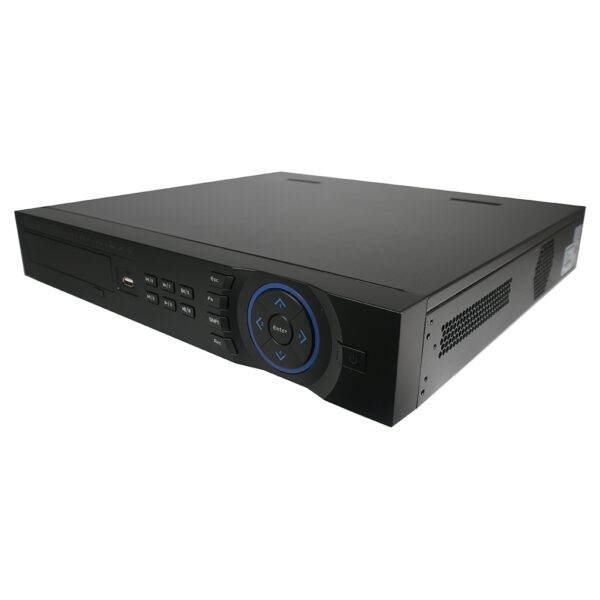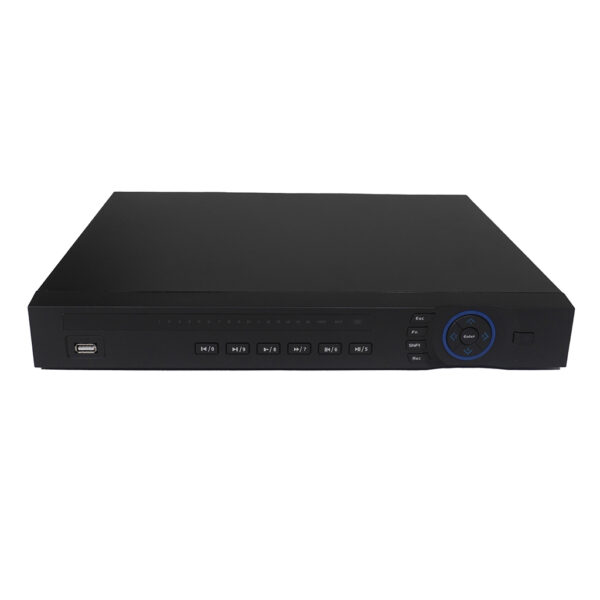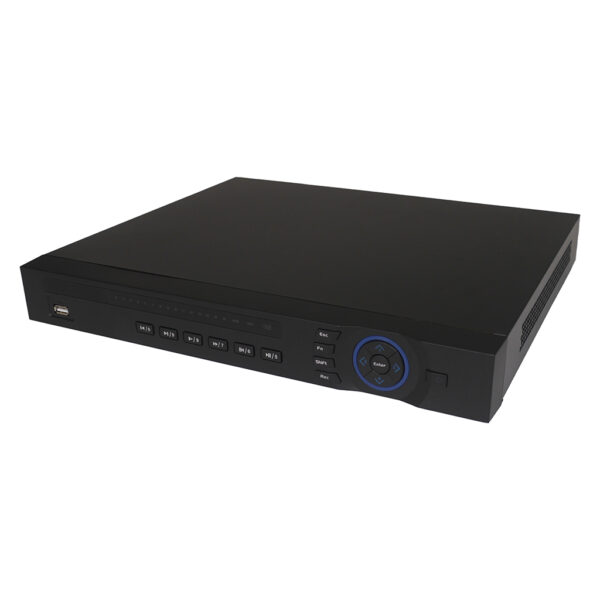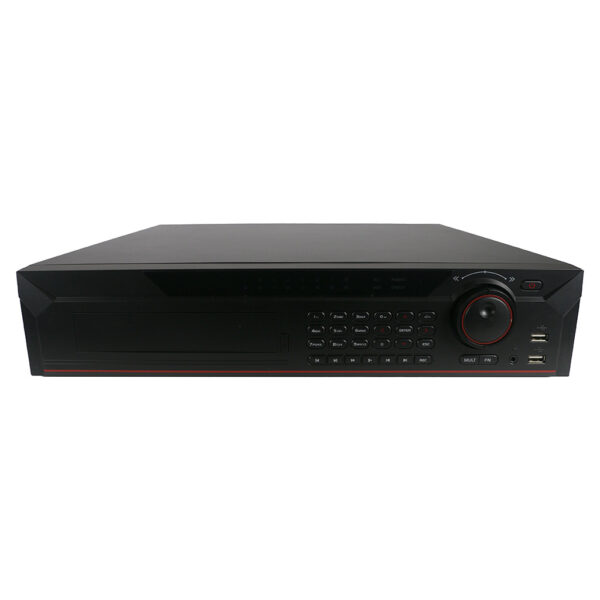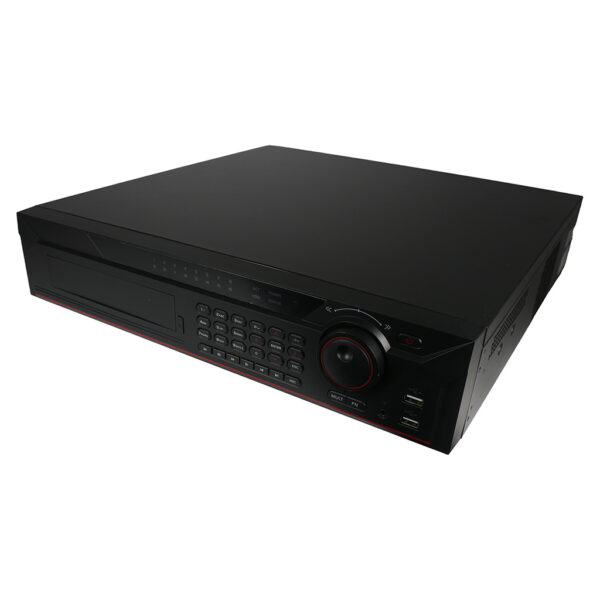Digital Video Recorders (DVRs) are essential for recording and storing video footage from your security cameras. They offer a reliable way to keep your property safe and provide high-quality video evidence if needed. Here’s a comprehensive guide to help you choose the best DVR security system for your needs.
Benefits of DVR Security Systems
- High-Quality Recording: DVRs offer high-resolution video recording, ensuring clear and detailed footage.
- Storage Capacity: DVRs come with large hard drives, allowing for extended recording times without the need for frequent data management.
- Remote Access: Many DVR systems offer remote access through smartphone apps or web portals, allowing you to monitor your property from anywhere.
- Multiple Camera Support: DVRs can support multiple cameras, making it easy to expand your security setup as needed.
- Reliable Performance: Wired connections provide a stable and consistent internet connection, minimizing the risk of signal loss or interference.
Types of DVR Security Systems
- Basic DVR Systems:
- Functionality: These systems are designed for simple setups with a few cameras.
- Features: Easy installation, basic recording features, and local storage options.
- Advanced DVR Systems:
- Functionality: These systems offer more features and support for multiple cameras.
- Features: High-resolution recording, remote access, motion detection, and cloud storage options.
- All-in-One DVR Systems:
- Functionality: These systems include cameras and DVRs in one package.
- Features: Easy setup, integrated software, and comprehensive security solutions.
Key Features to Consider
- Resolution: Higher resolution cameras (e.g., 4K) provide clearer and more detailed video footage.
- Storage Options: Choose between local storage (hard drives) and cloud storage for video footage.
- Motion Detection: Alerts you to any movement within the camera’s field of view, enhancing security.
- Two-Way Audio: Communicate with visitors or deter intruders using built-in microphones and speakers.
- Remote Access: Monitor your property remotely through smartphone apps or web portals, providing real-time video feeds and alerts.
- Weather Resistance: For outdoor cameras, ensure they are weatherproof to withstand various environmental conditions.
Installation Tips
- Strategic Placement: Position cameras at key points around your property, such as entryways, driveways, and common areas.
- Height and Angle: Mount cameras high enough to prevent tampering but low enough to capture clear footage.
- Strong Ethernet Connection: Ensure a strong and stable Ethernet connection to avoid interruptions in video transmission.
- Power Management: For DVR systems, ensure the network switch or router can provide sufficient power to all connected devices.
Related Products
Frequently Asked Questions (FAQ)
1. How reliable are DVR security systems?
DVR systems are highly reliable due to their wired connections, providing a stable and consistent internet connection.
2. Can I use DVR security systems without an internet connection?
While DVR systems require an Ethernet connection for power and data, some systems offer local storage options that don’t rely on internet access.
3. How can I monitor my DVR security system remotely?
Use the app on another device, such as your smartphone or another computer, to access the live feed from your DVR system.
4. What should I do if my DVR system doesn’t detect the camera?
Ensure the camera is properly connected and powered on. Check the DVR settings and update your system’s software if needed.

